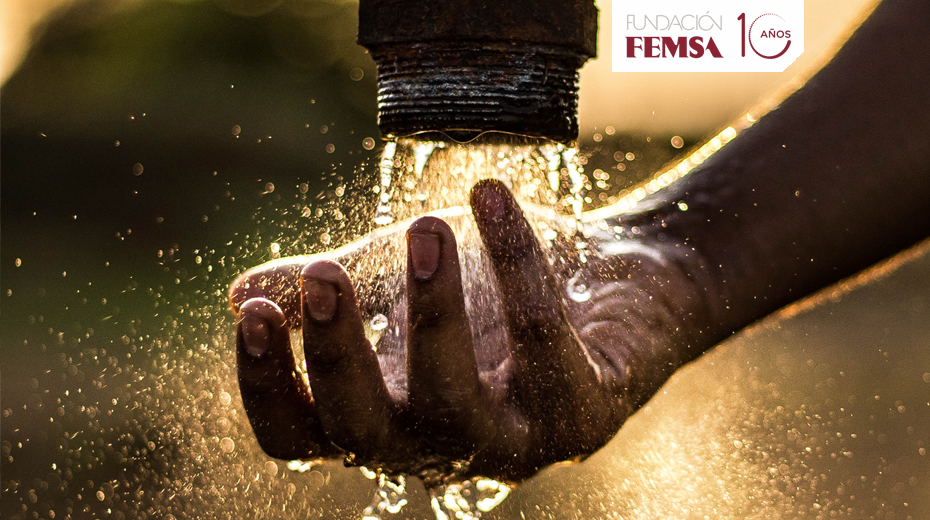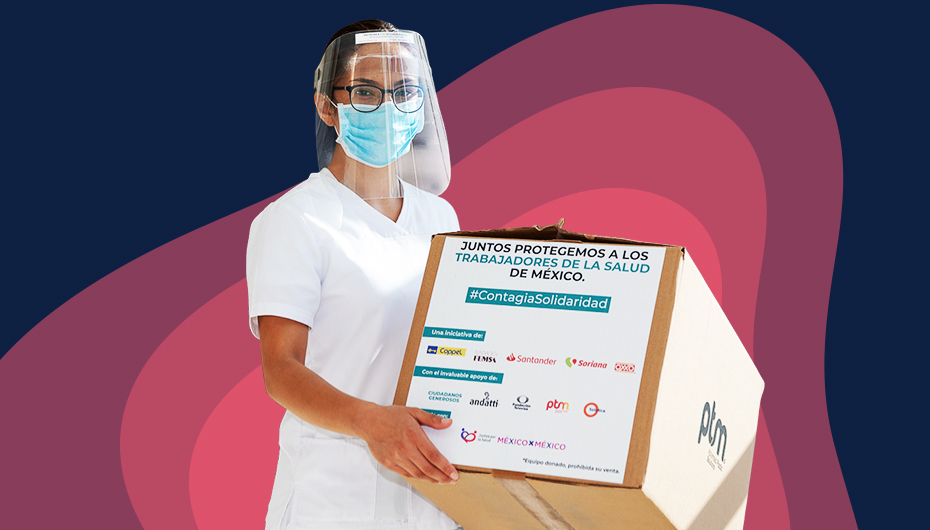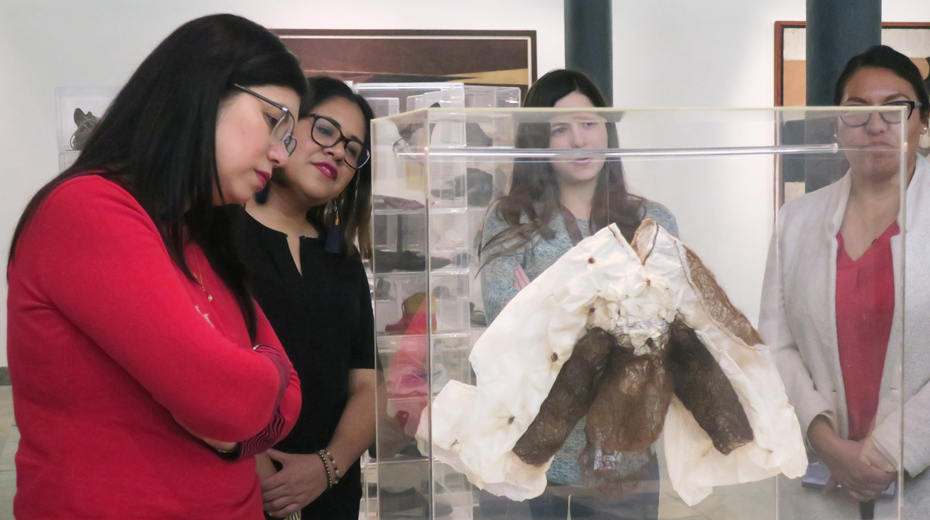World Water Week Ideas is a series of guest posts on our blog that continue the different conversations that the water sector engaged in at World Water Week 2019. Innovation was one of the recurring topics at the conference, both as part of the official program and in the more informal conversation among attendees. With this piece we pick up on the discussion around this vital element of WASH solutions. James Peterson is Production Manager at Klaran by Crystal IS.
All too often in industries like water and sanitation, innovation is usually cited as new technologies or cutting-edge products that are able to push performance and capabilities to new limits. But, as challenges in the sector and environmental impacts change in the 21st century, the ingredients to solve them require new paradigms beyond technological advancements alone.
The judges of this year’s The Pitch: Accelerating Innovation at Stockholm’s World Water Week 2019 found that need for more than just technology, and all the parts behind it, pivotal in selecting our presentation of Increasing Access to Drinking Water with UVC LEDs as this year’s winning innovation. By identifying common water access public health needs across regions and targeting research and testing to outline a feasible universal approach to the problem, Crystal IS was able to define a new approach to providing hygienic water enabled by UVC LEDs that could reduce treatment capacity needs by up to 80% compared to current drinking water system designs.
Like many other companies, ours has spent over 20 years developing the technical solution to disinfecting water but turning that technology into winning innovation took work understanding people and problems which are impactful enough to bring solutions to. Organizations across sectors play an important part in creating our solutions and more like them for people in need, as do the characteristics of how our sectors interact.
Being sectors that work closely with communities, non-profits and governments can become a valuable asset in finding priority issues, and in serving as a primary voice for the people who experience them. They can later provide other groups with a deep understanding of the context of these issues and collaborate with them to find opportunities to apply future solutions.
To discover and develop meaningful solutions, academia and the private sector should seek to listen and support non-profits and governments. The collaborative process of fielding new solutions for feedback and testing between these groups maximizes the number of voices, including underrepresented ones, to have combined input into new innovations.
Even great solutions must finally gain traction and scale to effectively benefit people. This is where the collaboration across all groups can result in private industry scaling the production, availability, and distribution of the solution.
Solving a problem requires identifying and deeply understanding who is experiencing it and ensuring that innovation is truly aimed at solving a problem for that user, not just providing a new feature or improvement. Social sector groups and NGOs show a unique ability to provide the private sector with these insights on users in need of a solution, in order to yield innovations which are not just reliant upon a technological advancement, but on an idea that solves a problem for common good.
 James is Product Manager at Klaran by Crystal IS and is responsible for the strategic direction of Crystal IS’ products focused on water disinfection under the Klaran brand. He develops business models for UVC LEDs and solutions and ensures product lines meet specific customer needs. Prior to his work with Crystal IS, he co-founded Vital Vio, a company that designs, engineers and manufactures LED lighting systems that reduce bacteria and other organisms from at-risk environmental surfaces. James holds several patents in using light for disinfection and was named to the 2016 Forbes 30 under 30 list. He has a BS in Mechanical Engineering from Rensselaer Polytechnic Institute, New York.
James is Product Manager at Klaran by Crystal IS and is responsible for the strategic direction of Crystal IS’ products focused on water disinfection under the Klaran brand. He develops business models for UVC LEDs and solutions and ensures product lines meet specific customer needs. Prior to his work with Crystal IS, he co-founded Vital Vio, a company that designs, engineers and manufactures LED lighting systems that reduce bacteria and other organisms from at-risk environmental surfaces. James holds several patents in using light for disinfection and was named to the 2016 Forbes 30 under 30 list. He has a BS in Mechanical Engineering from Rensselaer Polytechnic Institute, New York.
Klaran by Crystal IS is dedicated to delivering products for true UVC LED-based disinfection. With a foundation in proprietary technology in aluminum nitride substrates, Klaran leverages international design expertise in UVC LED-based disinfection systems to provide customers with dependable performance and delivery of POU water reactors and discrete UVC LEDs. The presentation Increasing Access to Drinking Water with UVC LEDs at World Water Week 2019 outlined a new potential approach to distributed disinfection of drinking water identified by Klaran and enabled by its Point Of Use UVC LED technology, which could potentially reduce drinking water treatment capacity needs by as much as 80%.






